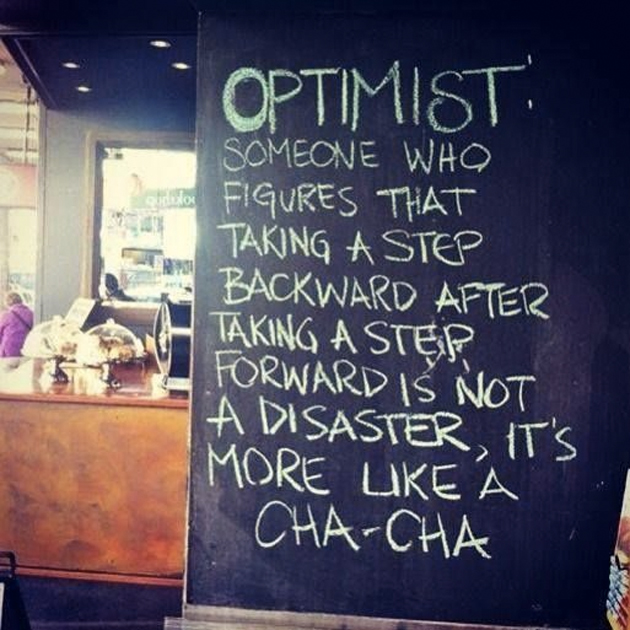Whether you’re looking for a relationship, just beginning a new relationship or have been with your partner for years, you’ll be amazed by just how much you can totally transform your connection by applying four elements of mindfulness. Mindfulness is just another way of saying you are being more present and aware and mindful of your self, your actions and those of the people around you. Let’s talk about the four ways to transform your relationship with mindfulness that you can also easily apply to your everyday encounters and begin practicing immediately. As with all things, practice makes perfect. And, dear friend, mindfulness is no different. While certain methods might feel a little weird or awkward initially, I urge you to continue. It’s only with dedicated practice that the power of mindfulness is truly unlocked.
1. Mindful Meditation
Before you write off meditation as “too new age” or “a fad,” take a moment to hear me out. Meditation doesn’t have to mean sitting in a circle making “mmm” noises. Don’t get me wrong, group meditation can be a powerful experience, but it’s probably not the easiest idea to wrap your head around if you’re a meditation newcomer. And that’s OK! What I’d like you to do, instead, is to simply find a calm and quiet place in your home to visit once a day. Give yourself 10-20 minutes to sit, rest, clear your head and take deep, steady breaths. Think of it as decompressing the brain - often it will feel that way!
If you’re like me and appreciate a gentle, guiding voice then I’d recommend downloading a meditation app, like Insight Timer or Headspace, to help you get started. There are many meditation apps available that offer a range of guided styles, types of sessions and session lengths.
You can do solo mediation or even invite your partner to join. Either way, you’ll bring the benefits of taking time for yourself, allowing your mind to clear and really hitting that “reset” button to ensure you’re living in the present, into your relationship. Mindful meditation is also an effective way to decompress after the workday, or going into the weekend, allowing you to focus on your relationship, in the now, without negative thoughts or distraction.
2. Mindful Speaking
While mindfulness involves living in the moment, it also involves taking a step back and developing the ability to recognize behaviour in our selves – and to change it. If you’ve ever found yourself blurting out something you wish you hadn’t, or feel as though in the heat of the moment you have “no filter,” you will likely benefit from speaking more mindfully.
As with meditation, mindful speaking requires practice. Starting with your very next conversation, whether it’s a phone call with your mom or a text to your boyfriend, really observe the intent of your words, the language you use and the tone in which you communicate. Seemingly insignificant habits, like beginning sentences with “You always” or “You never” can actually have major impact on how your words are received, interpreted and reacted to. These words will shut down the conversation before it even gets started. The only direction it can head is toward an argument.
Recognizing that each word you use carries power and creates an effect will allow you to begin phasing out words and phrases that lead to negative experiences, as well as become a better communicator with the ability to clearly express yourself in a positive way. We can feel pressure to get our words out but take a breath, review it's potential consequences, and then speak.
3. Deep Active Listening
I’ve spoken before about the importance of active listening, not only in romantic relationships but also in all relationships, and now I’d like to explore how you can take that one step further. Deep active listening is more than showing acknowledgment that you hear and understand someone. It involves practicing great empathy and really allowing yourself to step into the other person’s shoes and try to feel and understand as they do. It’s one thing to hear about your partner’s good or bad day through the lens of your own life, and it’s another – more effective – thing to envision experiencing it as your partner. Picture their day, what has been going on prior to the conversation, step into their shoes.
Remember that, as with all active listening, you are not simply listening to respond. You are listening to truly and authentically understand and appreciate. Doing so will help you develop stronger, deeper relationships and evolve to be a more compassionate, informed human being!
4. Act With Purpose
Last but not least, I want to talk to you about living, and acting, with purpose. So often people find themselves entering “autopilot” mode. It might be on the drive to the office, on the phone with a parent, folding laundry or even during intimacy. Part of being mindful, present and living in the now is doing all things with purpose.
Let’s say that you’re walking to a restaurant for lunch, simultaneously flipping through your news feed or checking emails on your phone. You’re probably walking slower than you would had you put your phone away, and you might even bump into a few people or walk right by your intended destination. This is because, in this moment, you’re not acting with purpose. You’re doing what so many men and women have – believe it or not – learned to do. You’re multi-tasking.
You’re hungry so you’re walking to grab lunch, right? By being on your phone, you’re allowing yourself to be distracted. And, given the nature of social media, it’s fairly likely you’ll come across an article or post that makes you unhappy or stresses you out. So, now you’re not only feeling physical discomfort (hunger) but you’re feeling emotional or mental discomfort, too!
Whenever you have the opportunity, make the conscious effort to singular task. It’ll take practice, yes, but will also feel much more rewarding. Carry this same practice into your relationship. Instead of chatting with your partner about the day while putting away dishes or folding laundry, sit with him and focus on just the conversation. If you’re in the bedroom, really be in the bedroom – try to not allow your mind to wander into what you need to go and do before you go to sleep or where you need to be first thing in the morning. Phones don't belong in the bedroom so leave those tempations plugged in elsewhere in the house! The gift you can give your partner is your undivided attention. That's what you want. That's what they want. So give that to each other.
To your authenticity,
Love, Christine
Want to Become a Certified Dating Coach and Help Others Find Love?
Click Here to Get Your FREE DATE COACH STARTER KIT!





















